Muammar Qaddafi’s ghost has hovered over every effort to find a solution to Syria’s catastrophic civil war.
President Barack Obama will seek Americans’ support for a carefully tailored, multi-year strategy to “defeat” the shadowy Islamic State of Iraq and the Levant (ISIS). Unlike the other localized war into which Obama has led the United States, the air campaign that led to the overthrow of Libyan autocrat Muammar al-Qaddafi, we are assured that this time “the Obama administration is no longer ‘leading from behind,’ but plans to play the central role.”
Libya, of course, is surely the most glaring foreign policy debacle of the Obama presidency, and not because of miscalculations about an armed mob in Benghazi two years ago. The country’s descent into chaos is a reproach to those who embraced that particular regime’s change as a multilateral cause. Before Americans and others engage in an open-ended war in antiquity’s Fertile Crescent, we should be clear about what worked and what did not in the Libyan operation.
Iraq is actually the easier piece of the puzzle, perhaps because American unilateralism had already shattered the country 11 years ago. The authorities in Baghdad and Erbil, the capital of the Kurdish region, are pleading for international aid, making the Libya lessons less salient. A desperate Baghdad government agreed to Obama’s core conditions for US help — dump the sectarian Prime Minister Nouri al-Maliki and create an inclusive government — and the campaign to reverse ISIS’ gains in Iraq is already underway. The president personally pressed European allies at the NATO summit to join the effort.
But while “everybody is on board [with] Iraq,” an administration aide acknowledges, “when it comes to Syria, there’s more concern.” It is Syria that remains the conjoined twin of Libya. The chaos across Libya today makes a mockery of armchair interventionists, who argue that if Obama had just provided the military aid and air cover to rebels in Syria three years ago that the NATO-Arab coalition did in Libya, today Syria would be a happy place at peace with the world.
The Intervention in Libya
Assembling the coalition for international intervention was actually the moment of greatest American success in trying to steer Libya toward a sustainable transition. That coalition was built on the emerging international doctrine of a “responsibility to protect” populations threatened by atrocities and genocide. With Arab League backing in hand, UN Ambassador Susan Rice tested support at the United Nations Security Council; Obama himself called a skeptical Jacob Zuma, president of South Africa, to win his backing; and then-Secretary of State Hillary Clinton met with Russian Foreign Minister Sergey Lavrov.
In her memoir, Hard Choices, Clinton offers this account of her meeting with Lavrov:
“‘We don’t want another war,’ I told Lavrov. ‘Our goal is to protect civilians from brutal and indiscriminate attacks.’
“‘I take your point about not seeking another war,’ he responded. ‘But that doesn’t mean that you won’t get one.’ However, he added, the Russians had no interest in protecting Qaddafi or seeing him slaughter his people. I explained that our resolution would incorporate the Russian proposal for a cease-fire, but that it had to also authorize a forceful response if Qaddafi refused to stop his advance. ‘We can’t vote in favor,’ Lavrov said. ‘But we will abstain and it will pass.’
“In later discussions, especially about Syria, Lavrov claimed he had been misled about our intentions. That struck me as disingenuous since Lavrov, as a former Ambassador to the UN, knew as well as anyone what ‘all necessary measures’ meant.”
But in fairness, Lavrov also knew what it means when the Security Council “demands the immediate establishment of a ceasefire” and endorses the African Union’s effort at “facilitating dialogue to lead to the political reforms necessary to find a peaceful and sustainable solution,” two provisions that were the key to winning passage of Security Council Resolution 1973. Yet when Zuma led a delegation of African presidents to Libya to seek a negotiated settlement, the resolution’s sponsors encouraged the rebel factions in Benghazi to refuse to meet them and rejected any ceasefire till the hated Qaddafi was overthrown.
Qaddafi’s ghost has hovered over every effort to find a solution to Syria’s catastrophic civil war, conjured by Russians as malign proof of Washington’s obsessive compulsion with regime change. Obama’s caution about jumping into the Syrian Civil War seems tacitly to acknowledge that the intervention went awry.
Clinton’s memoir does not reveal when Washington, Paris and London decided to scuttle the UN mandate to seek a negotiated transition and instead press the war until Qaddafi was eliminated. Perhaps there was never a conscious decision point to that end. Very possibly Qaddafi would have balked at any serious negotiation, in which case Zuma, Lavrov and others would know where the onus lay.
Militarily, the interventionist coalition successfully accomplished the burden-sharing on which Obama had insisted. Politically, it proved unable to chart the way to the “sustainable solution” sought by the Security Council. Sadly, the destruction — rather than transfer of loyalties — of Tripoli’s army and the simultaneous empowerment of sundry armed militias have dashed Libyans’ hopes for their post-Qaddafi future.
Syria and Qaddafi’s Ghost
Qaddafi’s ghost has hovered over every effort to find a solution to Syria’s catastrophic civil war, conjured by Russians as malign proof of Washington’s obsessive compulsion with regime change. Obama’s caution about jumping into the Syrian Civil War seems tacitly to acknowledge that the intervention went awry. So how should it affect the conduct of the campaign against ISIS?
As the new UN high commissioner for human rights, Zeid Ra’ad Zeid al-Hussein, noted in his maiden address: “It is clear that the immediate and urgent priority of the international community should be to halt the increasingly conjoined conflicts in Iraq and Syria.” But conjoined does not mean identical; appalling as the violence of Syrian President Bashar al-Assad’s repression is, Hussein singles out the “takfiris” — with ISIS in the lead — as the international threat.
We should certainly be wary of a military campaign in Syria that treats both ISIS and the entrenched Assad government as our enemies. Realists must acknowledge that Assad will not be overthrown, and his regime has its own stake in the defeat of ISIS. The coalition the Obama administration is building should seek a long-term truce between the government and so-called moderate insurgents, allowing international cooperation with both in the campaign to root out the ISIS takfiris.
Such an overture could contribute to broader coalition-building against the real and implacable threat of ISIS, on which even governments as unfriendly as Iran’s and Russia’s take our side. It would then be possible, under a carefully written and scrupulously implemented resolution, to garner the Security Council approval against ISIS that some potential partners would require for their participation.
And of course, President Obama should be seeking Congressional authorization for the use of US military force for this policy, defining the parameters and specifying the costs. Wars are not the unilateral prerogative of one country, much less of one political leader, and our Congress must take on its war-powers responsibility. As Clinton herself said: “For the world we’re trying to build, where we have a lot of responsible actors who are willing to step up and lead, it is exactly what we should be doing.”
*[This article was originally published by The Huffington Post.]
The views expressed in this article are the author’s own and do not necessarily reflect Fair Observer’s editorial policy.
Support Fair Observer
We rely on your support for our independence, diversity and quality.
For more than 10 years, Fair Observer has been free, fair and independent. No billionaire owns us, no advertisers control us. We are a reader-supported nonprofit. Unlike many other publications, we keep our content free for readers regardless of where they live or whether they can afford to pay. We have no paywalls and no ads.
In the post-truth era of fake news, echo chambers and filter bubbles, we publish a plurality of perspectives from around the world. Anyone can publish with us, but everyone goes through a rigorous editorial process. So, you get fact-checked, well-reasoned content instead of noise.
We publish 2,500+ voices from 90+ countries. We also conduct education and training programs
on subjects ranging from digital media and journalism to writing and critical thinking. This
doesn’t come cheap. Servers, editors, trainers and web developers cost
money.
Please consider supporting us on a regular basis as a recurring donor or a
sustaining member.
Will you support FO’s journalism?
We rely on your support for our independence, diversity and quality.





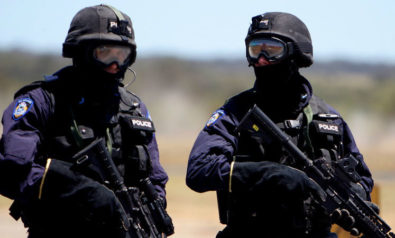



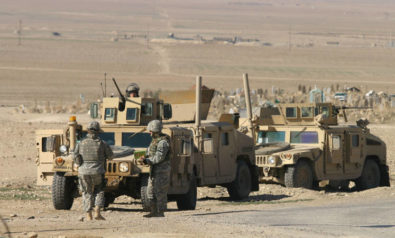
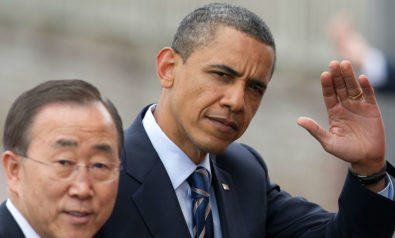






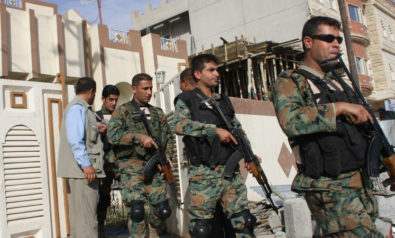
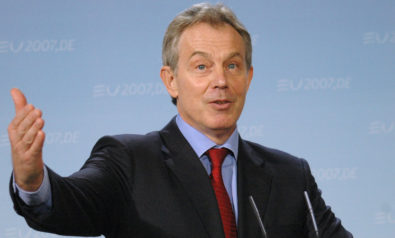
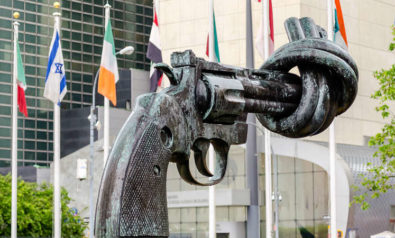

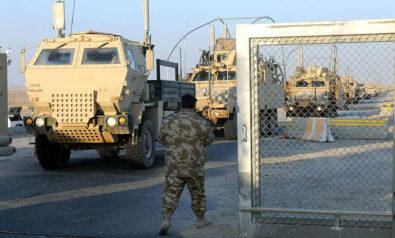





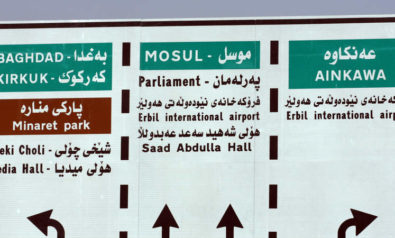



Comment